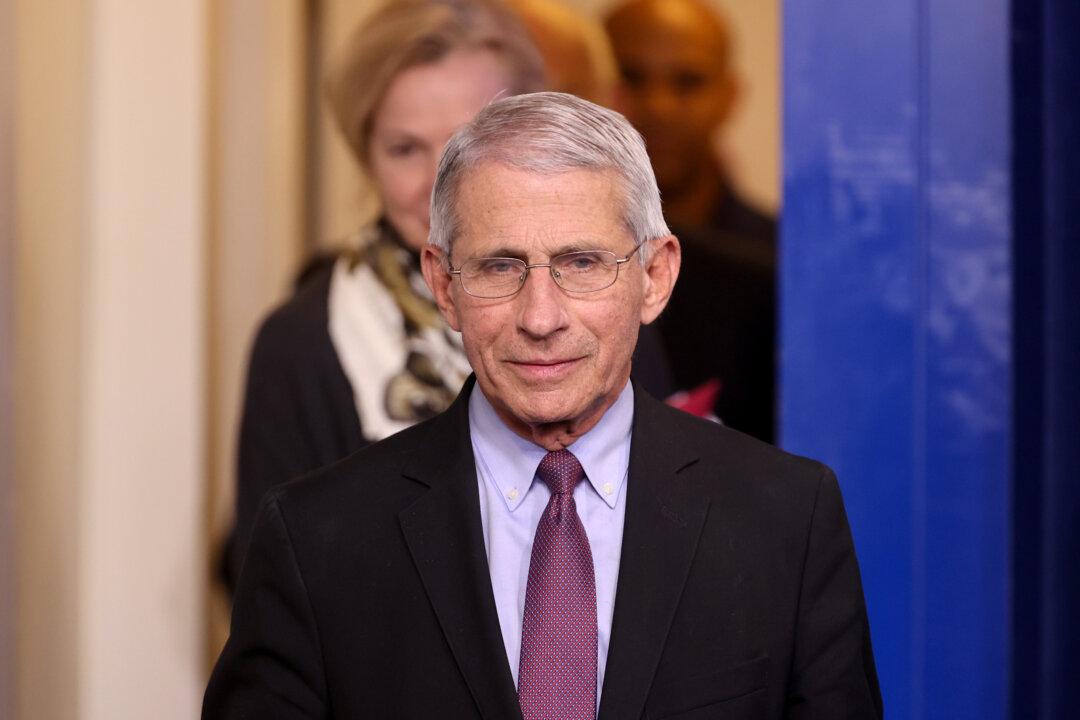Dr. Anthony Fauci, director of the National Institute of Allergy and Infectious Diseases, said Friday that it is time to reopen the economy, but warned that states should do so cautiously, with precautions to prevent a resurge.
Speaking in an interview with CNBC, Fauci said maintaining stay-at-home orders for too long could cause “irreparable damage.” He dismissed claims that public health experts in the administration were urging prolonged lockdowns, which were imposed early in the outbreak to curb the spread of COVID-19, the respiratory illness caused by the CCP (Chinese Communist Party) virus, commonly known as the novel coronavirus.






